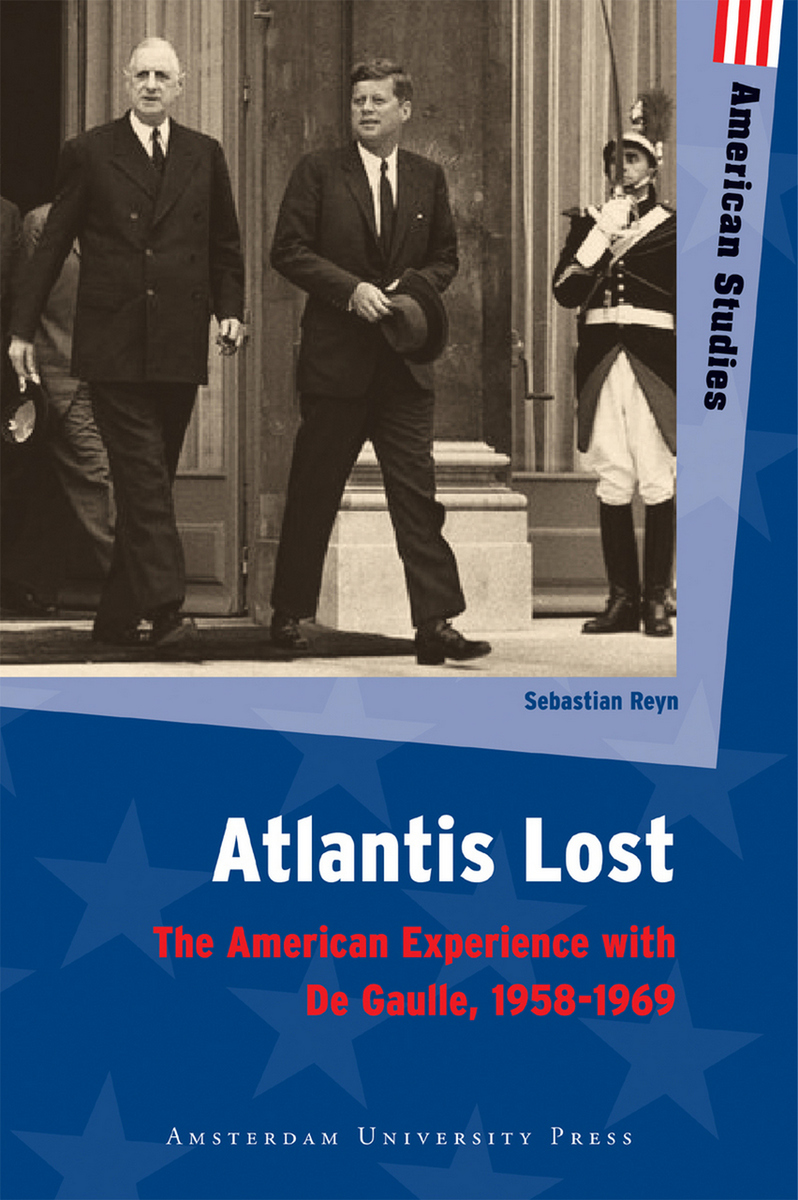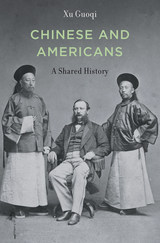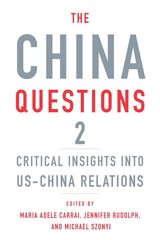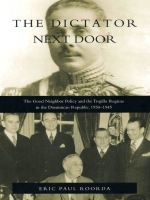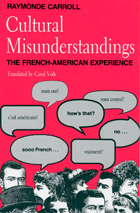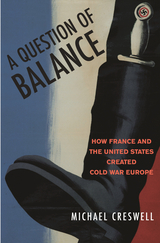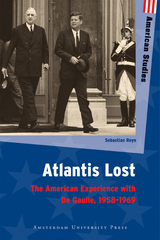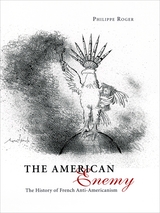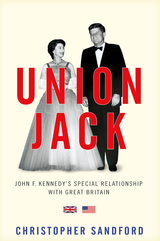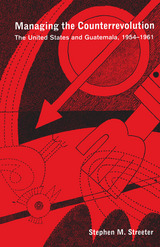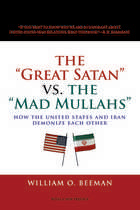Atlantis Lost: The American Experience with De Gaulle, 1958-1969
Amsterdam University Press, 2010
Paper: 978-90-8964-214-1 | eISBN: 978-90-485-1211-9 (PDF)
Library of Congress Classification E183.8.F8R43 2010
Dewey Decimal Classification 970.98
Paper: 978-90-8964-214-1 | eISBN: 978-90-485-1211-9 (PDF)
Library of Congress Classification E183.8.F8R43 2010
Dewey Decimal Classification 970.98
ABOUT THIS BOOK | AUTHOR BIOGRAPHY | REVIEWS | TOC
ABOUT THIS BOOK
During the 1960s, Charles de Gaulle’s greatest quarrel was with the Americans. The American attitude towards this forceful European leader was, however, an equally defining part of the dispute. In this riveting study of transatlantic international relations, Sebastian Reyn traces American responses to de Gaulle’s foreign policy from 1958 to 1969, concluding that how Americans judged de Gaulle depended largely on whether their politics leaned to the left or the right.
See other books on: 1890-1970 | 1953-1961 | American Experience | De Gaulle | Gaulle, Charles de
See other titles from Amsterdam University Press
